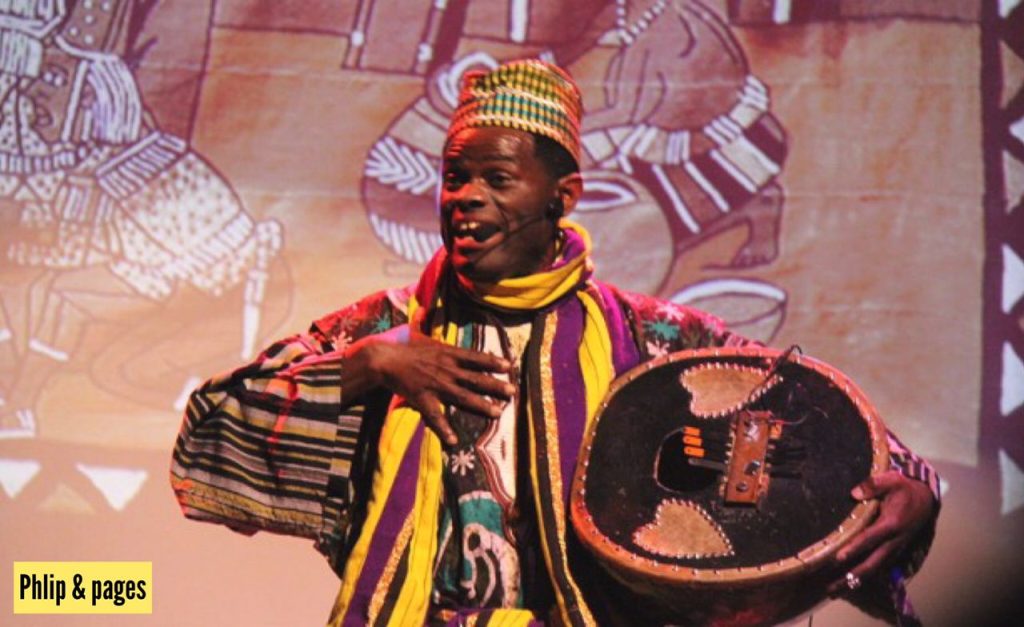Post-colonialism is a complex and multifaceted concept that has deeply influenced societies around the world. In the context of Africa, post-colonialism represents a transformative period characterized by reclaiming cultural identity, challenging power structures, and fostering a mental revolution. This article explores the impact of post-colonialism on Africa’s collective consciousness and its potential as a catalyst for change in shaping a brighter future.
Historical Context

To understand post-colonialism in Africa, it is essential to examine the historical context. The continent endured centuries of colonization that resulted in exploitation, cultural erasure, and socio-economic inequalities. However, with independence came an opportunity to redefine African identities and challenge the legacies left behind by colonial powers.
Cultural Identity Reconstruction

Post-colonialism prompts Africans to reconstruct their cultural identities through embracing indigenous languages, traditions, art forms, literature, and spirituality. By reconnecting with their roots and celebrating diverse heritage,Mental well-being can be enhanced as individuals experience pride,self-acceptance,and empowerment.Cultural revival fosters unity,resilience,and provides a strong foundation for personal growth at both individual societal levels.
Deconstructing Power Structures
Post-colonial discourse encourages critical examination of power structures inherited from colonial times. Africa’s mental revolution involves deconstructing oppressive systems, political corruption, economic dependencies. Leadership accountability, social justice movements, reclaiming resources are integral components transforming unequal power dynamics. By dismantling these systems, Africans strive towards creating inclusive societies where human rights, equality, freedom thrive promoting positive mental well-being across communities.
Educational Transformation
Education plays a pivotal role in Africa’s mental revolution. Post-colonial thought emphasizes decolonizing education by incorporating African perspectives histories into curricula. This shift challenges Eurocentric narratives fosters a sense of pride, confidence among African youth. Culturally relevant education equips individuals with critical thinking skills, empowers them to challenge societal norms, contribute meaningfully to Africa’s development.
Embracing Diversity
Post-colonialism encourages Africans to embrace their diversity and celebrate differences. Multicultural societies provide opportunities for cross-cultural dialogue, promote understanding, and foster empathy. This inclusive mindset promotes mental well-being as it strengthens social cohesion, reduces prejudice, discrimination, cultivates a harmonious collective consciousness that embraces the richness of Africa’s diverse cultures.
Artistic Expression and Storytelling

Artistic expression and storytelling have been powerful tools in challenging colonial narratives and shaping Africa’s mental revolution. Literature, film, music, theater, dance become platforms for reclaiming voices, narratives, and challenging stereotypes. Through artistic mediums, Africans express their struggles, hopes, dreams, enabling healing, Self-reflection while inspiring others towards positive change.
Social Activism and Community Engagement
Africa’s mental revolution is fueled by passionate social activists who work tirelessly to address pressing issues such as poverty, equality, governance. They engage communities through grassroots initiatives, social entrepreneurship projects, political advocacy efforts. These endeavors empower individuals, foster collective responsibility, and contribute positively towards building sustainable societies where mental well-being thrives.
Conclusion

Post-colonialism has propelled Africa into a period of transformation, providing an opportunity for cultural reclamation, power restructuring, educational reform, embracing diversity, artistic expression, and community engagement. Through this mental revolution,Africa is reclaiming its narrative,enriching its cultural fabric,and striving towards holistic well-being at individual,societal levels.Africans are forging ahead with resilience,hope,belief in brighter future driven by unity,equality.The journey continues as Africa navigates challenges builds on progress to shape a prosperous continent rooted in self-determination,a thriving society where all can flourish mentally emotionally.
















